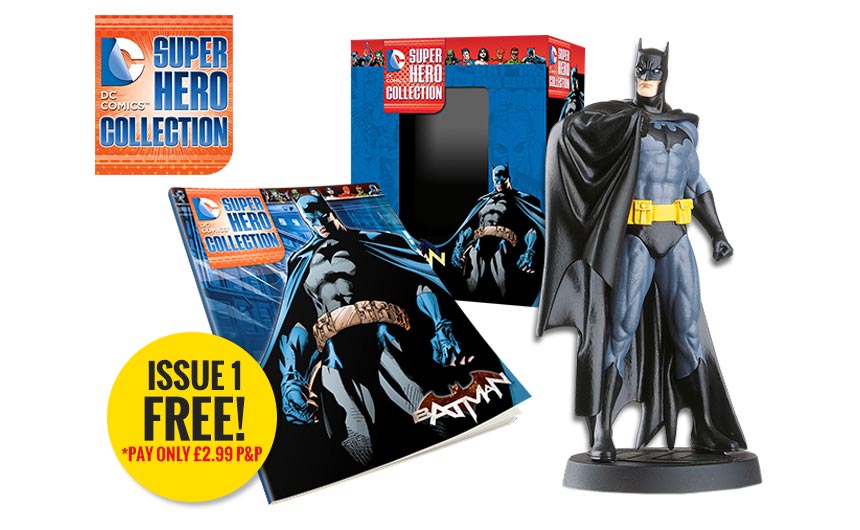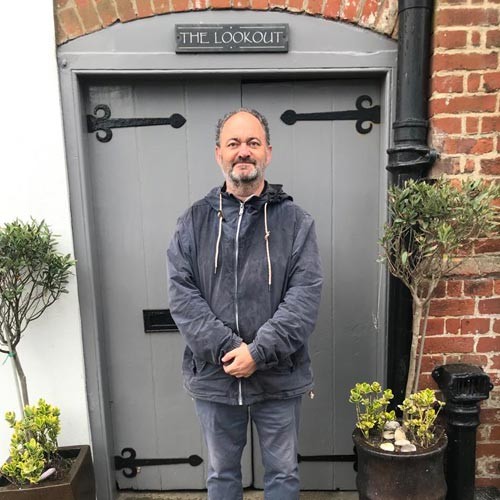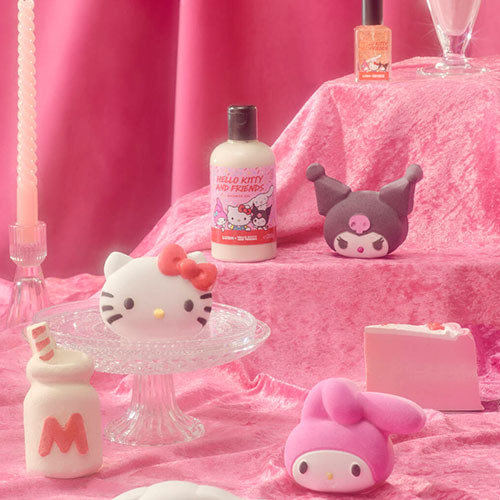David Riley chats to some category experts to find out how the sector flourishes through reinvention.
Let’s talk about partworks. Nine times out of ten this statement seems to be met with a blank expression, so maybe I should start with an explanation.
There are three major partwork companies in the UK, all responsible for a wide range of internationally successful licensed products – De Agostini, Hachette and Eaglemoss. If one word could define their product offering, that word would be ‘collectability’… but that’s where the simple definition ends. Licensors usually lump partworks in with publishing (because there’s often a strong book or magazine element in the product offering), but the industry really sits somewhere between publishing, toys, craft, home and gift. Yep, it’s a real hybrid. The end product can be a set of figurines, a scale model of a vehicle, a set of DVDs or a complete guide to baking, knitting or calligraphy.
De Agostini has a licensed portfolio across all categories from large scale models (Thunderbirds, Jaguar, Valentino Rossi, Easy Rider, Fast & Furious) to collections (Moomins, Volkswagon, Dinky and Marvel) and kid’s educational series (Playmobil, Smurfs, Barbie and Disney). It has released scale models of R2D2 and the Millenium Falcon and this year it launched a scale model of Luke Skywalker’s iconic Red Five X-wing Starfighter.

Here’s Isabelle Giggins, global licensing director at De Agostini: “The partwork model is a very unique combination of product innovation, continuity sales and community management. There is no set product definition. We are monitoring trends and listening to our customers’ needs and aspirations to develop unique series that enhance the way consumers engage with what they love from films through creative hobbies.”
Implicit in the above is research. Partworks businesses thoroughly research every product before they move to a launch, simply because the initial advertising, marketing and set-up costs are so high. Over the years, Hachette has launched partworks with Marvel, Hello Kitty, Warhammer, Assassin’s Creed, Dr Who and Peppa Pig.
Here’s Helen Nally, editorial director of Hachette: “We research and develop a lot of ideas and through a process of desk research, focus groups and Area Tests (where we test four issues of a collection in a small area so we can extrapolate the sales of issue one, the sales curve and the subscription rate) we eventually launch a product with a large investment in TV advertising.”
In spite of this, the partworks industry is shrinking. In 2017 the global partworks market was worth €780m dollars, down 7% on the previous year. Changing consumer attitudes to magazines, lower footfall at newsagents, a reduction in the number of kiosks and a reduction in the number of launches all played their part… but there’s no doubt that the industry is facing challenging times.
For Helen part of the key to success is quality. “If people are buying fewer partworks, then they really value quality and content,” she says. “People believe in printed products – it constantly crops up in research groups but consumers believe that if something is printed then it is more likely to be factually correct and they understand real effort has gone into the consistency of the message and the instructions. People get bored trying to track down information online and they recognise that it’s bitty and possibly not correct so they don’t trust it. This is particularly pertinent in the craft sector as people value our step by step approach when learning a new skill.”

Eaglemoss currently has licences for DC and Marvel Comics, Marvel movies, Star Trek, Doctor Who, Back to the Future, Alien, Battlestar Galactica, The Walking Dead, Game of Thrones, Disney Classic, WWE and James Bond, with several other licences in the works. In the past, it has also had enormous success with The Lord of the Rings, Stargate and a variety of BBC properties. Ben Robinson, editorial director at Eaglemoss, argues that innovation is the way forward, in particular a greater emphasis on building relationships directly with communities of fans.
He says: “The market is undergoing massive change. Traditionally we rely on a significant amount of TV advertising and we have to be more and more inventive to achieve the kind of reach that we would like. We are also confronted by a shrinking number of kiosks. We are predicting significant growth in our direct to consumer business as we supplement the shrinking number of kiosks and we’ll launch new and innovative kinds of marketing campaigns. But as long as there are licensed properties with significant followings, there will be avid collectors who want to collect the kinds of products that we make.”
This approach is also held by De Agostini, which also feels that the biggest shift in the business model over the last couple of years has been in distribution and marketing.
Here’s Isabelle again: “We have invested heavily into new e-commerce platforms, CRM and marketing automation tools to support subscription/direct to consumer sales which now represent a large share of global revenue.

“We recruit thousands of new subscribers with the launch of each series and deliver millions of parcels directly to our customers every year. We are ready to adapt to the changing retail landscape while we continue to work closely with our retail partners from kiosks in Italy to bookstores in Japan to define innovative ways to drive footfall at retail during launch campaigns.”
Isabelle continues: “Our marketing approach is also drastically changing with a big focus on digital and influencers led campaigns to connect and engage customers in addition to traditional mass media. Continuity sales is naturally building a relationship with customers on a weekly, fortnightly or monthly basis and today’s technology is providing all necessary tools to nurture that relationship on social media and forums not only to maximise sales but also to define our product strategy.”
There’s a (mis)quotation of Mark Twain, which runs, “Reports of my death have been greatly exaggerated.” I can’t help feeling that anyone who believes that partworks are dying might be just as wrong as Mark Twain’s reporters. For sure the industry is going through tough times, but hey, which industry isn’t? If ever there was a business attuned to understanding consumer needs and moving quickly to satisfy them, then partworks is it.
I leave the final words to Eaglemoss’ Ben: “The partwork industry is one that has always prospered by reinventing itself. We are an extraordinary industry that is only defined by our ability to deliver products that build into collections. What those collections are can vary enormously. Few other kinds of company have such varied portfolios or can adapt as rapidly and as radically as we can.”
Copyright © David Riley, David Riley Consulting Limited
David is an independent publishing and licensing consultant and agent specialising in book and magazine publishing. Contact him at Davidianriley16@gmail.com for independent support and advice.
This feature originally appeared in the autumn 2018 edition of Licensing Source Book. Click here to read the full publication.































